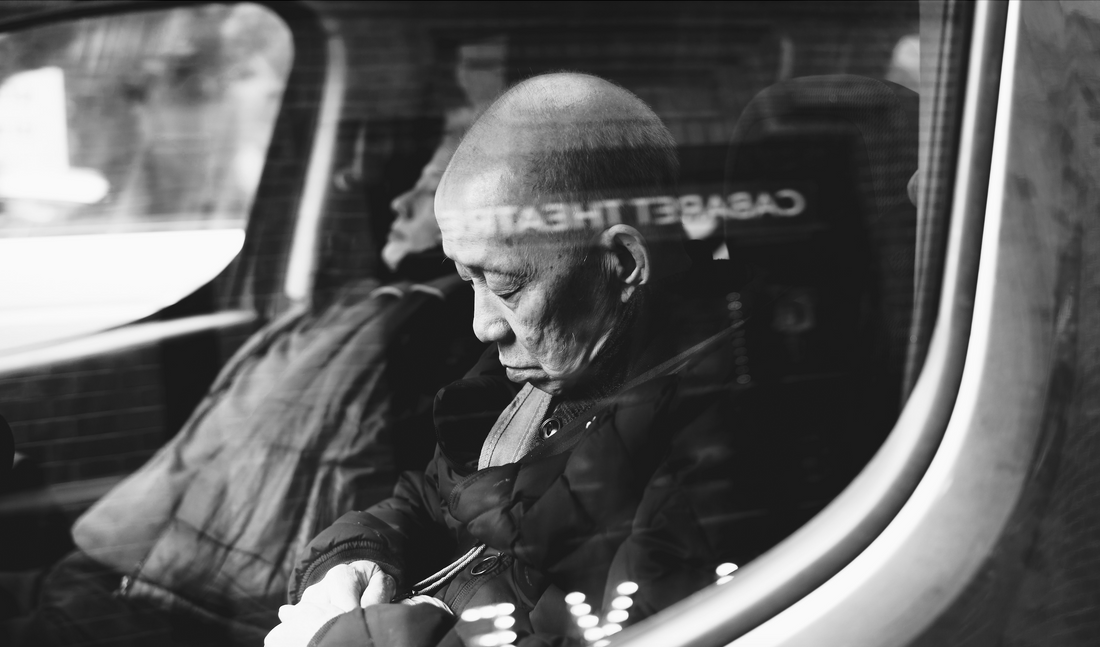The Universal Need for Sleep
Share

As day turns to night, the universal need for sleep transcends geographical boundaries. Dive into the physiological and psychological importance of sleep, connecting us all as we navigate the challenges and joys of daily life.
Spotlight on Cultures:
Japanese Art of Sleep
In Japan, the meticulous balance between work and rest is an integral part of the cultural fabric, exemplified by the practice of "inemuri" or napping at work. This unique approach to rest emphasizes the importance of maintaining harmony between professional responsibilities and personal well-being. Traditional futons play a significant role in this cultural phenomenon, symbolizing a commitment to simplicity and comfort in sleep. The cultural attitudes toward sleep in Japan underscore a holistic understanding of work-life balance, where taking moments for rejuvenation is not just accepted but celebrated as a means to enhance overall productivity and happiness.
Mediterranean Siestas
Our journey now leads us to the Mediterranean, where the tradition of siestas is deeply ingrained in daily life. This cultural practice involves a midday break for rest and relaxation, acknowledging the body's natural need for a brief respite from the day's activities. Beyond being a cultural norm, siestas are rooted in science, with studies indicating that these short naps contribute to enhanced energy levels, improved mood, and increased overall well-being. The Mediterranean approach to midday napping reflects a profound understanding of the body's circadian rhythms and the importance of aligning rest with natural energy fluctuations.
Nordic Coziness
Unlock the secrets of "hygge" in Nordic cultures, where creating a cozy and comfortable sleep environment is considered an art form. Hygge encompasses a philosophy that embraces simplicity, warmth, and a sense of connection with loved ones. This cultural attitude extends to bedtime, emphasizing the creation of a serene sleep space that promotes relaxation and tranquility. Nordic individuals often use soft textiles, ambient lighting, and natural elements to enhance the comfort of their sleep environments. Hygge represents not just a physical state of coziness but a holistic approach to well-being that prioritizes emotional warmth and a sense of security for restful nights.
African Dreamtime
Embark on a journey to explore the rich sleep rituals and traditions in various African cultures, where bedtime stories and folklore intertwine to create a tapestry of cultural identity and a pathway to peaceful slumber. In many African communities, storytelling is a cherished bedtime practice, serving both as entertainment and a means to impart cultural values and wisdom. The act of storytelling before sleep not only contributes to a strong sense of community and identity but also provides a soothing transition into the realm of dreams. This cultural emphasis on oral traditions during bedtime reflects a holistic understanding of the importance of cultural heritage in fostering a serene and restful sleep environment.
Each of these cultural insights into sleep offers a unique perspective on the intersection of cultural practices and the pursuit of restful nights. By understanding these cultural nuances, we can draw inspiration for cultivating our own personalized and enriching sleep experiences.
As our global journey comes to a close, let's carry with us the richness of sleep traditions worldwide. By embracing the diverse ways people around the world approach sleep, we can find inspiration to enhance our own sleep routines and create a world of sweet dreams.
Until our next adventure in slumber.
